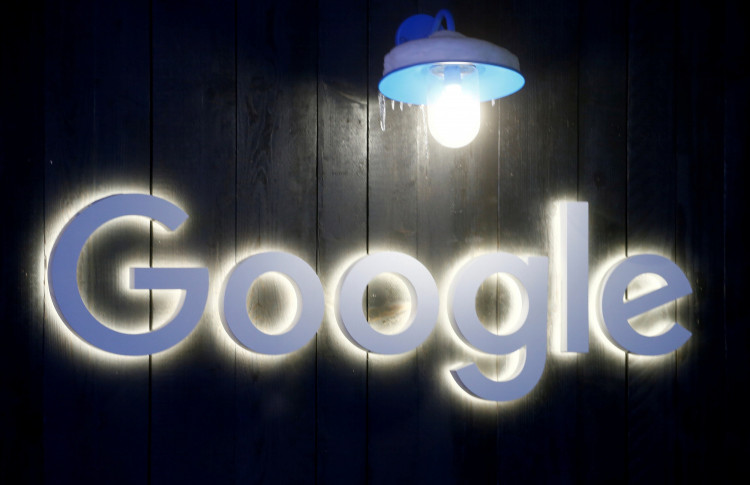Google introduced a new chatbot tool called "Bard" on Monday, ostensibly to compete with ChatGPT's viral success.
Bard, like OpenAI's ChatGPT, which was released to the public at the end of November, is based on a large language model. These models are trained on massive web data troves to create persuasive responses to user requests.
In a blog post, Sundar Pichai, CEO of Google and parent company Alphabet, announced that Bard will be made available to "trusted testers" on Monday, with plans to release it to the general public "in the coming weeks."
Pichai wrote that Bard aims to combine the breadth of the world's knowledge with the power, intelligence, and creativity of our large language models. It utilizes web-based data to generate fresh, high-quality responses.
According to reports, Google's management has declared a "code red" situation for its search business due to the immense attention on ChatGPT. Paul Buchheit, one of the creators of Gmail, warned in a tweet from 2016 that Google "may be only a year or two away from total disruption" due to the rise of artificial intelligence.
Microsoft, which has acknowledged plans to invest billions in OpenAI, has already stated that it will integrate the tool into some of its products; it is also rumored that it will integrate it into its Bing search engine.
Microsoft's Washington headquarters will host a news event on Tuesday, the topic of which has not yet been disclosed. Microsoft announced the event shortly after Google's AI-related news was made public on Monday.
The technology that underpins Bard has existed for some decades, but it is not publicly accessible to the general population. Google introduced its Language Model for Dialogue Applications (or LaMDA) almost two years ago, and the company said on Monday that this technology will power Bard. A former Google developer made waves late last year by asserting that LaMDA was "sentient." The AI community questioned his assertions extensively.
It is widely believed that Google's core product, online search, is currently facing its greatest threat in years. In the two months since its release to the public, ChatGPT has been used to generate essays, stories, and song lyrics, in addition to providing answers to some questions that were previously answered by Google.
Google has, by its own admission, taken a cautious approach to incorporating LaMDA technology into its products. In addition to hallucinating false information, AI models trained on content scraped from the Internet are prone to displaying racial and gender prejudices as well as repeating abusive language.






